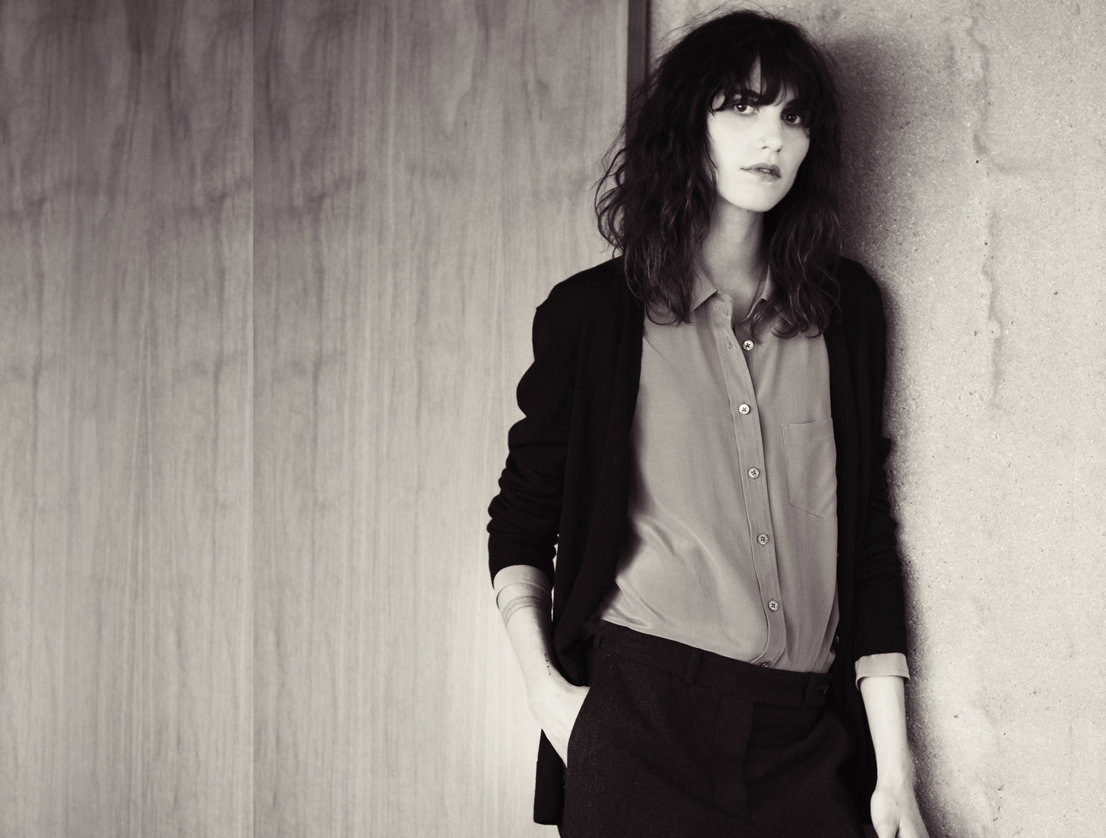 One Saturday some time I ago I was feeling on fire. I’d spent months secretly working on content for this site but that month was the first time we’d started shooting all of the imagery to accompany the copy and the images were finally coming through. After weeks of living like a hermit in the confines of my home office on my own trying to plough through features, it finally felt I could see my baby coming to life. I remember reaching to text my mum – I have a thing about texting her about even the most insignificant occurrence that takes place in my day – and, after checking it, I autopilot-opened Instagram and began to scroll.
One Saturday some time I ago I was feeling on fire. I’d spent months secretly working on content for this site but that month was the first time we’d started shooting all of the imagery to accompany the copy and the images were finally coming through. After weeks of living like a hermit in the confines of my home office on my own trying to plough through features, it finally felt I could see my baby coming to life. I remember reaching to text my mum – I have a thing about texting her about even the most insignificant occurrence that takes place in my day – and, after checking it, I autopilot-opened Instagram and began to scroll.
My stream was full of images of friends – of both friends and acquaintances of mine – in far flung destinations on work trips or showing press clips of their latest profile feature or behind the scenes shots from the latest in a string of hush hush project they were working on. Suddenly, I was no longer excited about what I was working on: maybe the pictures aren’t that great after all and, while I’m at it, what was I thinking when I wrote that feature anyway? Who the hell wants to read about that? My other half yelled at me to put my phone away and stop doubting myself but the damage had already been done.
This might sound dramatic but that’s part of the reason I have a love/hate relationship with Instagram. On one side it completely feeds the nosy side of me – I mean, who doesn’t enjoy having a little nosy into other peoples lives (don’t even think about denying it! – but it also has a propensity to leave me feeling depressed. I’m not generally someone who feels jealous of others – I’m all about encouraging and celebrating other women’s successes –but there’s something about Instagram that seems to make comparison unavoidable. How can one ever been truly satisfied with what you’re doing when there’s a whole feed ready to show all of the things you could be aren’t doing?
I hate feeling like that. Letting situations like that get to me is one of the things I dislike the most about myself but it helps me to hear that I’m not alone in having moments like that. ‘I think anyone who says they don’t sometimes experience a pang of professional envy would be lying,’ a fellow writer friend told me, qualifying that saying, ‘but if you’re busy on your own work and aspirations, it’s impossible to get weighed down by this. I really do believe the cliché “a rising tide floats all boats”.’
She’s right. When I’m busy, inspired and in quite tunnel vision about what I’m working on, I completely unfazed by what everyone else is doing. It’s those times when I’m having an off day or have a bad bout of writers block that I have that urge to start trawling through other people’s Instagram feeds or Facebook, where, considering that the majority of people in my feed work in the business too, is bound to be full of announcements of others successes.
I remember watching an incredible Ted Talk with writer and TV presenter Alain de Botton a while ago. According to him, envy comes from the fact that we can relate to someone who has something we desire. If we are unable to relate to someone’s age, background or situation, we often don’t feel jealousy. We see ourselves as different enough from that person that their success does not translate to our own lives in the same way. It’s the reason, he says, you’re not jealous of the queen for example. Us mere mortals were never on the same playing field so there’s no comparison. On the other hand, a colleague or friend within your industry of a similar age and background is easier to relate to and compare yourself to. The subconscious assumption is: if they can do it, I should be able to do it, too.
When I sit back and look at my life objectively – mainly because my other half forces me to do so when I have these episodes – I know I’m doing well. I have what, by most measures, would be considered a great life and a very successful career, so why do so many of us keep feeling like this? Nobel Prize-winning psychologist Daniel Kahneman argues that there are two kinds of contentment. There’s the day-to-day happiness that you feel in isolation of other factors and then the more reflective type of happiness where you measure your achievements and circumstances in relation to others. Kahneman argues that these aren’t always the same. You may feel satisfied with your achievements in relation to other people but not feel happy on a personal level on a day to day basis and vice versa.
So how do we learn to channel this into something positive? The reality is there’s no easy answer, or at least I haven’t found one yet. Emotions are emotions and there’s not much you can do to stop them. Rather, what I’m learning to do is to allow myself to feel that way for a moment but to ask myself questions like, why am I feeling like this? Am I feeling unfulfilled or uninspired by what I’m doing at that moment? If I am, I try to ask myself what steps I need to take to change that.
For all my love of social media , it doesn’t hurt taking a break away from it once in a whole too. I’m guilty of showing the glamorous side of what I do – I promise, you won’t want to see me sitting in yoga pants and my boyfriend’s sweatshirts all day, which, I hate to say, is what I live in when I’m in full on writing mode. So it’s important to remember that the picture we all see in our feeds are just that – the best part of the lives of people who are probably as hung up by comparisons as we are.

